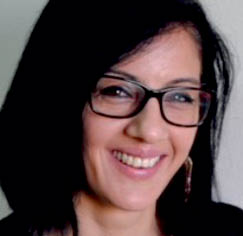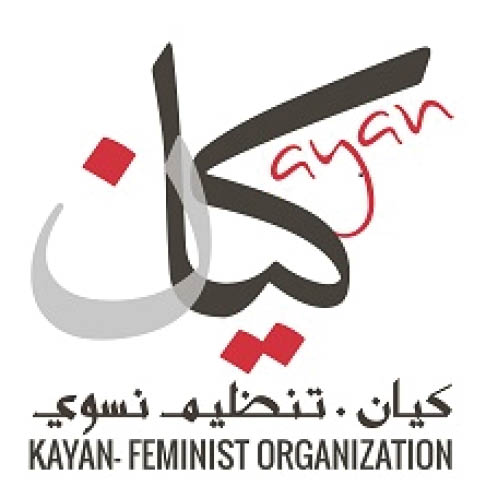
Palestinian women in occupied 1948 Palestine continue to suffer from political, economic, social, and cultural discrimination. The human rights that guarantee a life in dignity and safety in the personal and public spheres are not secured for 1948 Palestine women, as they are subjected increasingly to sexual harassment and gender-based violence that at times reaches murder. The exclusion of women from public life and decision-making positions prevails, particularly in local government.
To be able to change this reality, achieve social justice and gender equality, and end discrimination, we must understand the complex political and social reality imposed on Arab women. This reality is the product of a socio-political process that has affected the Palestinian Arab community as a whole since the establishment of the State of Israel. Palestinian women, however, suffer from multifaceted repercussions in which two repressive systems intertwine. On the one hand, they are part of a group that, through an apartheid system, has been transformed into an indigenous minority that is subjected to systematic discrimination that excludes it from political decision-making positions and results in the inequitable distribution of resources. On the other hand, Palestinian women are part of a society where men still treat women as inferior, exclude them from the public arena, and deprive them of the right to participate in decision making.
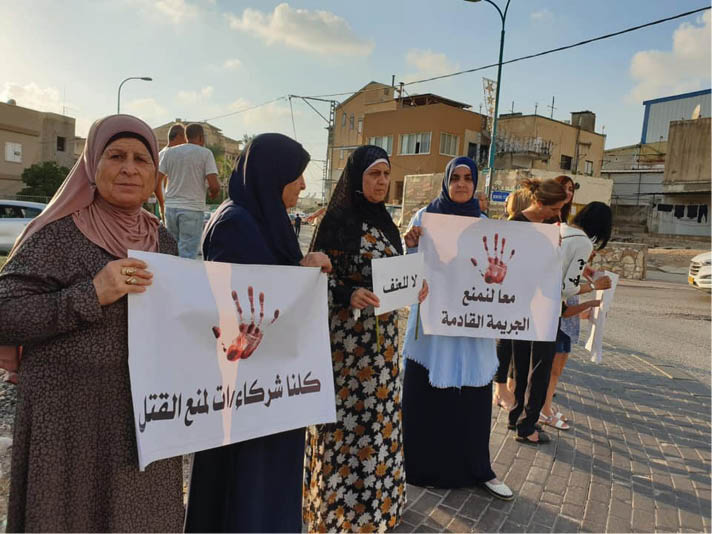
Given this reality, our feminist struggle – as we make efforts to liberate women from domination and discrimination – cannot detach the respect for our human rights from our national struggle that strives to end the occupation and secure the Palestinian people’s right to self-determination, no matter where they are. Our belief in our right to freedom and self-determination not only opposes the occupation and racism but also refuses to accept male oppression and discrimination against women. We cannot accept any form of discrimination against any member of our society that aspires to obtain both national freedom and social and political justice.
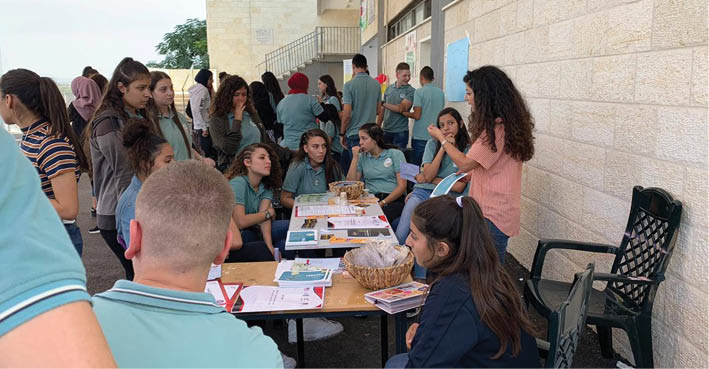
Our reality requires that defenders of human rights, and women’s rights in particular, deal with the problems and challenges we face as Palestinian women at the hands of a colonial state, which includes the intentional indifference towards and disregard of Palestinian society in general and women in particular. It has become obvious that Israeli state policies are contributing to the consolidation and strengthening of violence and discrimination against Palestinians, exacerbated by a racist legal system and executive tools such as the police, courts, and public institutions that pursue clear discriminatory policies against Palestinian citizens in general and women in particular.
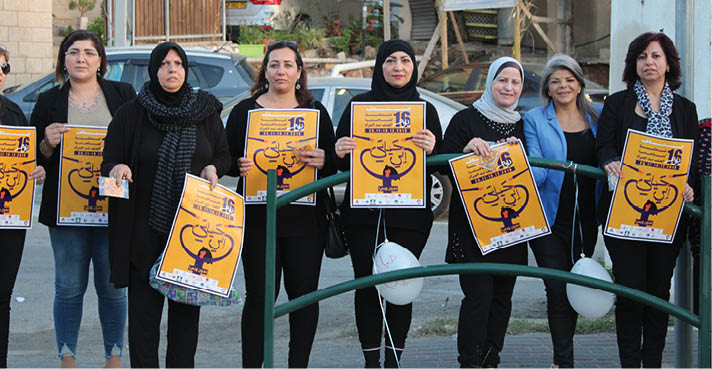
At the societal level, feminist institutions have made limited progress over the past years; at least we are managing to place women’s issues on the public agenda. Breaking barriers that are causing injustice to women in various aspects – most notably by limiting their role in the public sphere and denying them access to decision-making positions – our efforts have increased women’s representation in politics, and we have addressed issues related to the personal status laws. But the road is long, and it is becoming increasingly urgent at this stage to build our national human project based on universal values, chief of which is respect for human rights and dignity. This goal can be achieved only through the adoption of a joint plan of action that works to move women’s advocacy from the stage of defending their right to exist as a nation to the stage of bringing about social change that raises the status of Palestinian women in particular and our community in general, in the hope of achieving a better future.

